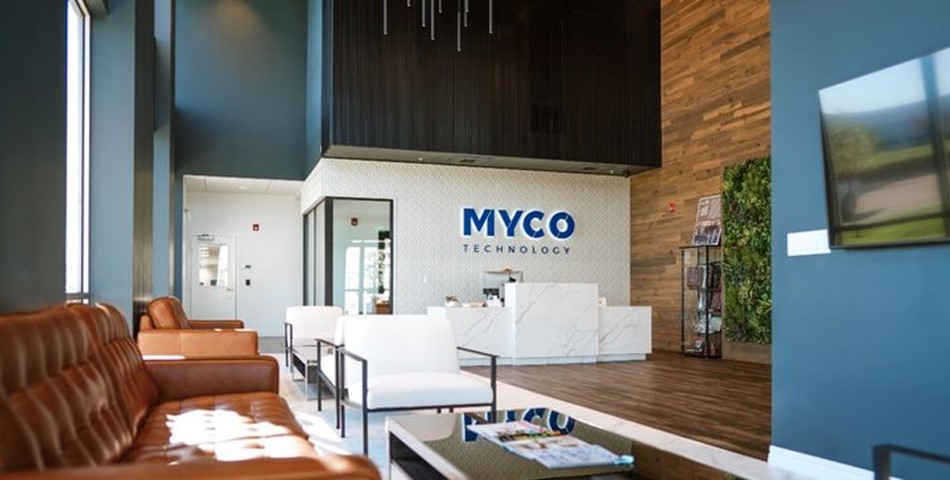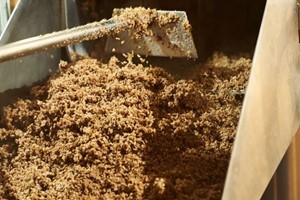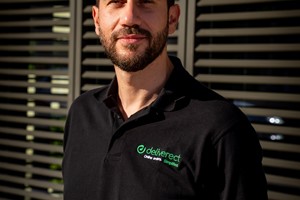Dive Brief:
- Fermented mushroom ingredients powerhouse MycoTechnology raised $85 million in a Series E investment. The round was led by a group affiliated with the Oman Investment Authority, a first-time investor in the company. Other participants include Griffith Foods’ venture capital group Nourish Ventures, S2G Ventures, Tyson Ventures, Continental Grain, Bunge Ventures and Maple Leaf Foods.
- MycoTechnology plans to use this funding to build on its proprietary fermentation platform. The Colorado-based firm also will expand to Europe, Asia and the Middle East. With this investment, MycoTechnology has raised more than $200 million.
- MycoTechnology has been in the fermented mycelium ingredients business since 2013. It has created solutions that block bitter flavors, reduce salt and enhance protein in food.
Colorda – based MycoTechnology – which is building a functional ingredients platform utilizing mycelium the filament- like roots of mushrooms – has raised $85 million in a series E* round (taking its total funding to $200m). that will help it expand its portfolio and increase its presence in Europe, Asia, and the Middle East.
MycoTechnology has multiple projects in the R&D pipeline but has so far commercialized three platforms: ClearIQ bitter blocking and flavor modulating ingredients; FermentIQ fermented plant-based protein; and EvolveIQ cordyceps mushroom adaptogens.
It has also launched a consumer brand called Goodside Foods selling shelf-stable meat alternatives and developed plant-based cheeses utilizing its proprietary technology that it claims deliver superior melting and stretching properties.
In nearly a decade, MycoTechnology has shown the vast potential of mycelium and laid the groundwork for many other companies working in the fermentation space. While consumers might still associate fermentation with products such as beer, yogurt or sauerkraut, the work of MycoTechnology has shown there is more potential in the age-old process.
As MycoTechnology has grown through the years, Big Food has been close by as an investor in the company. This is the first round that Griffith Foods has participated in, but Tyson, Bunge and Continental Grain have all contributed to the previous two funding rounds in 2019 and 2020. Maple Leaf first invested in MycoTechnology in its 2020 investment round. Kellogg's Eighteen94 Capital also has been an investor.
While meat giant JBS has not directly funded MycoTechnology, its U.S. plant-based meat subsidiary Planterra has an exclusive collaboration with the ingredient’s maker. Planterra uses some of MycoTechnology's ingredients in its Ozo products, and the agreement lets both companies work together on R&D. It also may lead to MycoTechnology developing exclusive ingredients for Planterra.
MycoTechnology's product line and reach makes it a sensible investment for large food manufacturers, as well as sustainability-minded venture firms. MycoTechnology's portfolio includes clean label ingredients that solve major issues in food production. Its ingredients can modulate flavorings, reduce the amount of sweetener or salt needed, as well as block some off-tastes from plant proteins or other ingredients.
It has a line of mushroom-based adaptogens, which can add function to a variety of products. And the company makes a protein additive, which can be used to provide bulk to plant-based meat or other products that need a nutrient boost.
The company also has been able to benefit from upcycled food waste. At a virtual conference session last year, CEO Alan Hahn said these breakthroughs reduced MycoTechnology's input costs by 90%.
In the release about the fundraising, Hahn said the money will help speed up innovation at the company, which he said has plans to add more new ingredients derived from fungi to its portfolio. Hahn has said before his goal is to help enable "plant-based 2.0" — food made from plants that is better than what comes from animals. This funding could help it get there.
"I think we need to use plants to their best form: deliver the best nutritional profile without trying to copy what an animal protein or animal food looks like," Hahn said at the New Food Invest conference last year. "That's when we've really made it. When we stop doing analogs and going, 'Hey, this plant, fermented this way, produces this type of food and it's great for you. It tastes great, and it doesn't look like anything you've got from an animal.'"
www.fooddive.com














